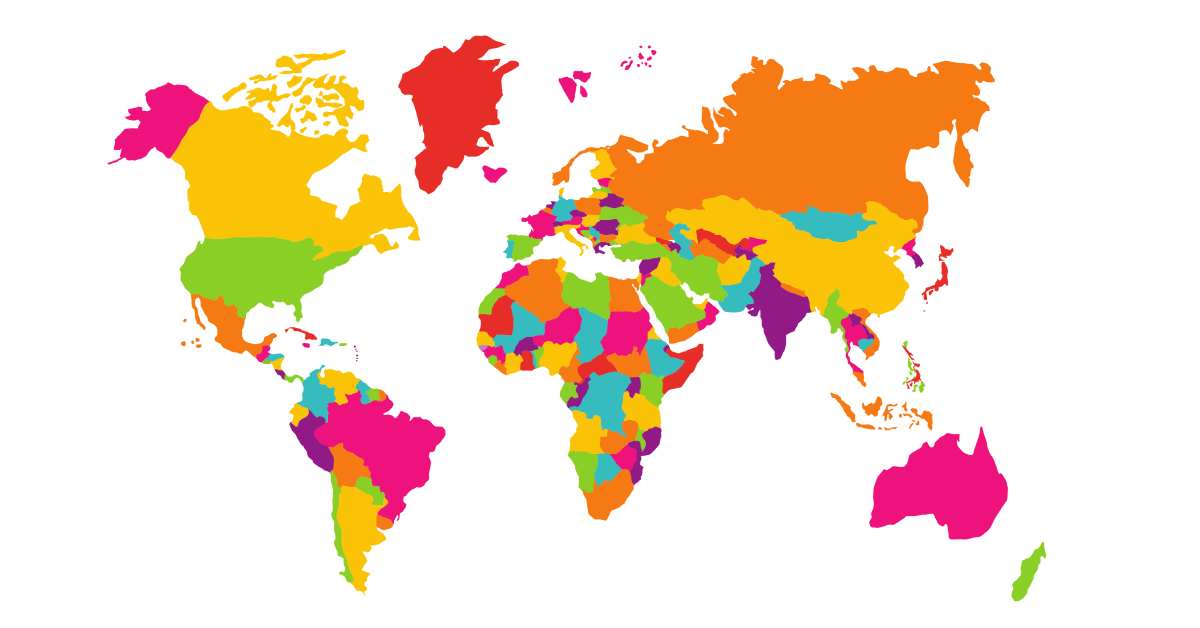When thinking about rich countries, English-speaking nations like the United States, Canada, or the UK often come to mind. However, several prosperous countries thrive economically without relying on English as a primary language. This article explores some of these rich countries that don’t speak English, their economic strengths, and what makes them unique.
 Wealth isn’t only about GDP. It also includes quality of life, infrastructure, healthcare, and innovation. Non-English-speaking countries excel in these areas, offering valuable lessons to the world. Some of the rich countries that don’t speak English are:
Wealth isn’t only about GDP. It also includes quality of life, infrastructure, healthcare, and innovation. Non-English-speaking countries excel in these areas, offering valuable lessons to the world. Some of the rich countries that don’t speak English are:1. Germany
- Germany is Europe’s biggest economy and a global leader in manufacturing.
- Its industries, like automotive (home to BMW and Mercedes-Benz), engineering, and pharmaceuticals, are benchmarks of excellence.
- German is the official language, with a rich cultural heritage influencing science, music, and art.
2. Japan
- Japan’s GDP ranks among the top globally, driven by technology and innovation.
- The nation excels in electronics, robotics, and automobiles.
- Japanese is the official language. Despite English education, most business dealings occur in the Japanese language.
3. Switzerland
- Switzerland’s banking system, tourism, and pharmaceutical industries contribute significantly to its wealth.
- Though German, French, Italian, and Romansh are official, English isn’t prominent.
4. South Korea
- South Korea is home to tech giants like Samsung and LG.
- Its entertainment industry also boosts its economy.
- Korean is the primary language, reflecting its unique identity.
5. Norway
- Norway’s economy thrives on oil exports and green energy initiatives.
- Norwegian is dominant, yet the nation maintains a distinct non-English cultural identity.
6. France
- France boasts strong industries, including fashion, technology, and aerospace.
- Its GDP is among the highest in Europe.
- French remains the language of business and daily life.
7. China
- China’s manufacturing, technology, and export industries make it a key player in global wealth.
- Mandarin is spoken by the majority, with limited reliance on English.
8. United Arab Emirates (UAE)
- The UAE thrives on oil, real estate, and tourism, especially in Dubai and Abu Dhabi.
- Arabic is the official language, despite an international business community.
9. Sweden
- Sweden excels in technology and sustainable development, with a high per capita income.
- Swedish is the official language, with limited dependence on English.
10. Italy
- Italy’s economy is bolstered by luxury goods, fashion, and automotive industries.
- Italian dominates daily life and business, preserving the nation’s identity.
Lessons From Rich Non-English-Speaking Countries
- Diverse Economies Thrive: Countries like Germany and Japan show how innovation can fuel growth.
- Cultural Identity Matters: Maintaining a native language fosters unique global contributions.
- Adaptability is Key: Nations like Switzerland balance multiple languages without losing cultural essence.
Why Explore Rich Countries That Don’t Speak English?
Visiting or doing business in these nations highlights global diversity. Learning their languages and customs enriches personal and professional growth.
In conclusion, rich countries that don’t speak English prove that success isn’t tied to a single language. Their economic models and cultural uniqueness inspire a world of possibilities.
FAQs
Q1: Why do these countries succeed without English?
A1: They leverage strong local industries, innovation, and cultural identity.
Q2: Do they speak English at all?
A2: While English is taught as a second language, it’s not commonly used for daily business or communication.
Q3: Can I visit these countries without knowing their languages?
A3: Yes, but learning basic phrases in the local language is helpful.
Q4: Are these countries good for business?
A4: Absolutely. Their stable economies and skilled workforces make them ideal for investments.
These countries demonstrate that success transcends language. They’ve achieved remarkable economic growth while preserving their linguistic and cultural identities. By leveraging local strengths, fostering innovation, and embracing their unique traditions, they offer valuable lessons to the world. Exploring these nations enriches perspectives and opens doors to opportunities that go beyond the confines of English-speaking environments.
Exploring these nations enriches perspectives and opens doors to opportunities that go beyond the confines of English-speaking environments.
